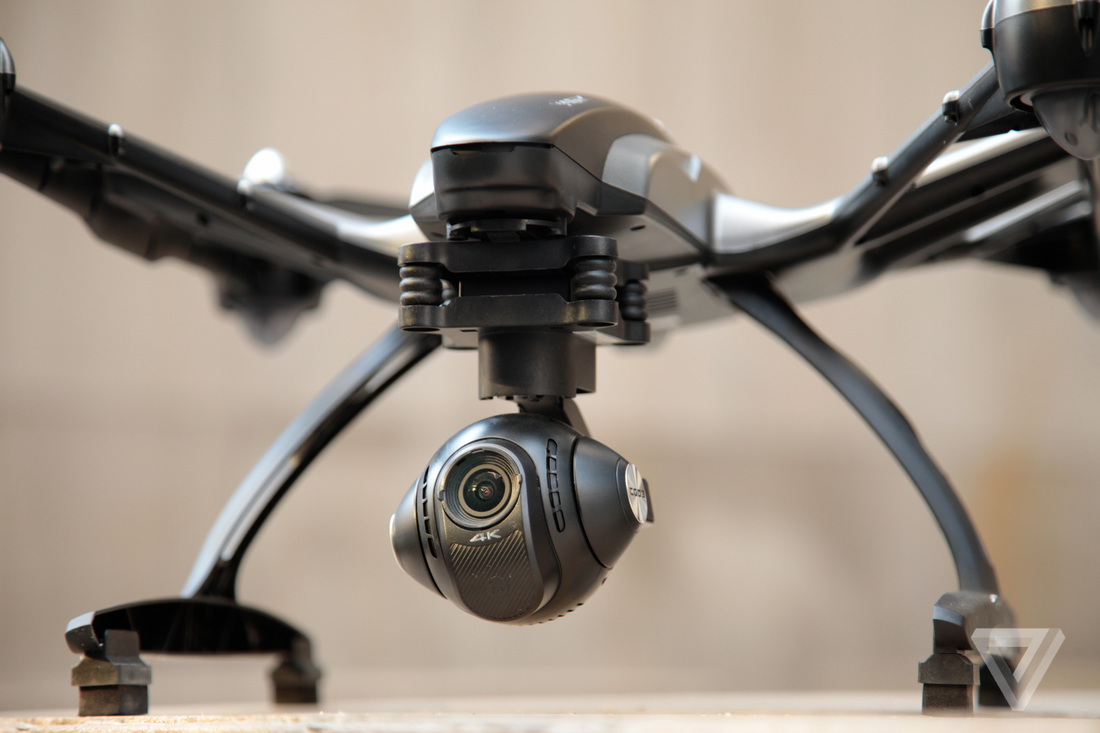The report is based on documents released by Edward Snowden. Some of the documentation reveals the sorts of activities Skynet was watching out for. According toThe Intercept, the system used data from Pakistani mobile carriers to find out, for example, "who has traveled from Peshawar to Faisalabad or Lahore (and back) in the past month." It could also check to see who that person called after arriving at each destination, and it kept an eye out for suspicious activities like swapping SIM cards often, visiting airports, or traveling on certain days of the week.
|
Skynet is real. Well, kinda. According to the latest report from Glenn Greenwald's siteThe Intercept, the NSA has (or had) a secret program called Skynet. Unlike theTerminator version, which was a computer system that went rogue and attempted to annihilate humanity, the NSA's Skynet uses metadata to try and identify people with terrorist connections. Specifically, in one recorded case, the program tracked the movements of people within Pakistan from cellphone records and raised a flag when those activities appeared to match the movements of suspected Al Qaeda couriers. By sniffing out couriers, the hope was to catch dangerous Al Qaeda leaders. It's unclear if the program was successful, but its algorithms flagged high-profile Al Jazeera journalist Ahmad Muaffaq Zaidan. He has categorically denied such claims. The news network's Islamabad bureau chief is known for having sources within Al Qaeda and the Taliban and has interviewed key members of those groups in the past (including none other than Osama bin Laden himself). By virtue of being a journalist covering those groups, it should come as little surprise that his movements would appear suspect on the surface.
The report is based on documents released by Edward Snowden. Some of the documentation reveals the sorts of activities Skynet was watching out for. According toThe Intercept, the system used data from Pakistani mobile carriers to find out, for example, "who has traveled from Peshawar to Faisalabad or Lahore (and back) in the past month." It could also check to see who that person called after arriving at each destination, and it kept an eye out for suspicious activities like swapping SIM cards often, visiting airports, or traveling on certain days of the week. |
HeadlinesArchives
May 2016
Categories
All
|




